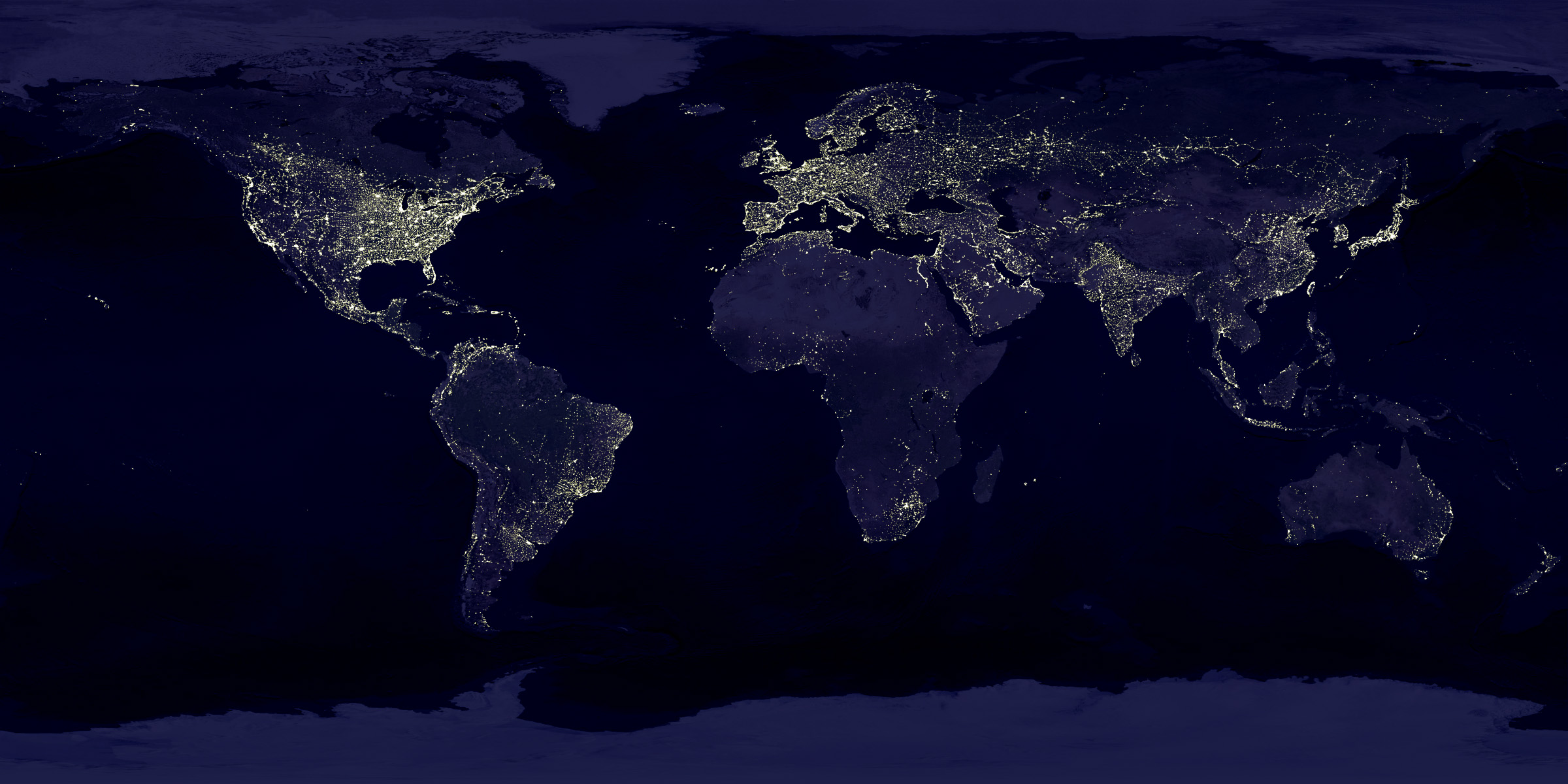Prognosis uncertain
POORER countries depend on trade more than rich ones, especially on exports of tourism and commodities. They have fewer professional jobs that can be done from home, making social distancing costlier. Because their governments and companies often borrow in dollars, they suffer in times of economic stress, when their currencies usually fall against the greenback. That creates inflation, making it harder to cut interest rates to support their economies. And their governments have less capacity to borrow for emergency health-care spending or to bail out workers and firms. The pandemic seemed certain to send them into financial turmoil.
Yet it has proved easier to contain the financial crisis than the disease. The virus has run rampant in some middle-income countries such as Brazil, India and South Africa, colliding with poverty and patchy health care. Emerging markets’ GDP will probably shrink this year by the largest amount on record; in the second quarter India’s output was, astonishingly, nearly a quarter lower than in 2019. But they have mostly kept access to capital markets, raising $124bn during the first half of 2020, according to the IMF. Their currencies and foreign-exchange reserves have been under less pressure than during the financial crisis, the “taper tantrum” of 2013 or the sell-off in 2018. The IMF has lent $89bn to...























